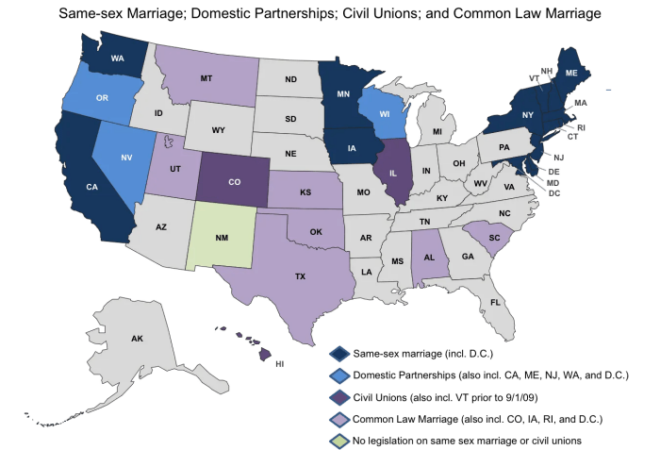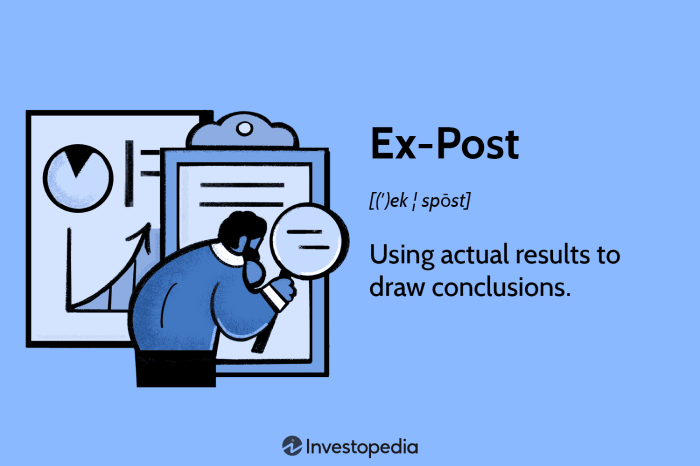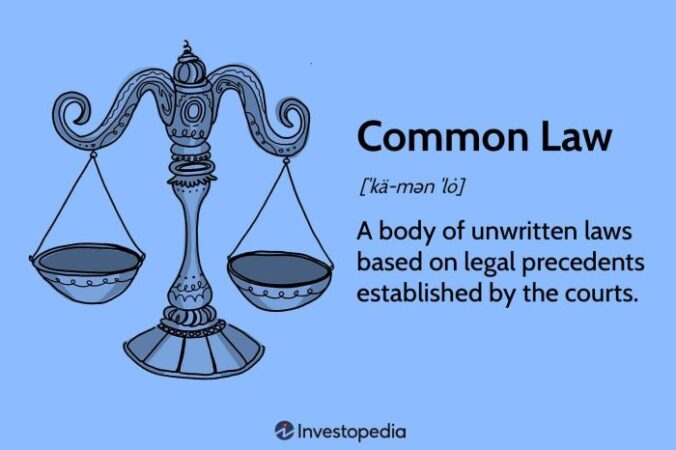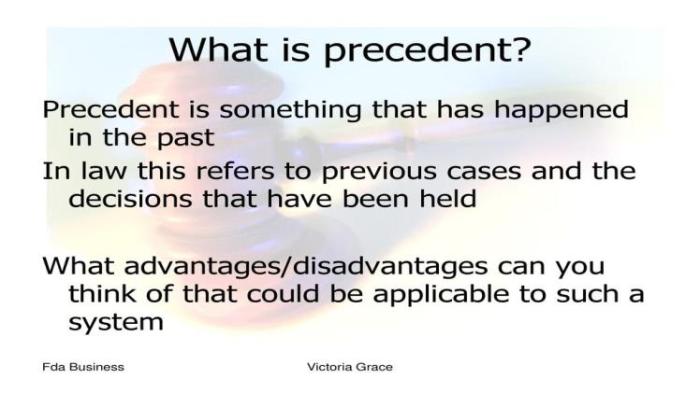
What is an ex post facto law? It’s a legal concept that has been around for centuries and plays a vital role in protecting individual rights and ensuring a fair legal system. Essentially, an ex post facto law is one that punishes an action that was legal when it was committed but has since been criminalized. This concept prevents governments from retroactively applying new laws to past actions, safeguarding individuals from unfair prosecution and punishment.
The prohibition of ex post facto laws stems from a fundamental principle of justice: that individuals should be able to rely on the laws in place at the time they act. This principle ensures predictability and fairness in the legal system, preventing the arbitrary application of laws and promoting a sense of security for individuals. Throughout history, the concept of ex post facto laws has been debated and refined, leading to the development of constitutional provisions that explicitly prohibit their use.
Impact of Ex Post Facto Laws

The application of ex post facto laws can have far-reaching and detrimental consequences, undermining the fundamental principles of justice and the rule of law. These laws, which criminalize actions that were legal at the time they were committed, can lead to a range of negative impacts, including injustice to individuals, erosion of public trust, and discouragement of lawful conduct.
Injustice to Individuals
Ex post facto laws can result in the punishment of individuals for actions that were not considered criminal when they were performed. This creates a situation where individuals are held accountable for conduct that was legal at the time, leading to a sense of injustice and unfairness. For example, imagine a person who engaged in a particular business practice that was perfectly legal at the time but is later deemed illegal by a new law. This individual could be punished for their past actions, even though they were unaware that their conduct would become illegal. This type of situation can lead to significant hardship and even financial ruin for individuals who acted in good faith, believing their actions were lawful.
Examples of Ex Post Facto Laws

Understanding the concept of ex post facto laws is crucial, but it is equally important to see how this principle plays out in real-world scenarios. By examining cases where laws have been challenged as ex post facto, we can gain a deeper understanding of how this legal doctrine protects individual rights.
Examples of Ex Post Facto Laws
The following table presents several real-world examples of laws that have been challenged as ex post facto. These examples demonstrate the diverse applications and implications of this legal principle.
| Law | Description | Legal Challenge | Outcome |
|---|---|---|---|
| The 1994 Violent Crime Control and Law Enforcement Act | This act increased the penalties for certain crimes, including drug offenses. Some individuals convicted under the previous, less stringent law argued that the increased penalties applied retroactively to their cases. | The defendants argued that the increased penalties violated the Ex Post Facto Clause because they were applied to crimes committed before the law’s enactment. | The Supreme Court ruled that the increased penalties did not violate the Ex Post Facto Clause because they were not “punishments” but rather changes in the “consequences” of a crime. |
| The California Three Strikes Law | This law imposes harsh sentences on repeat offenders, even for minor offenses. Some individuals convicted under the law argued that it violated the Ex Post Facto Clause because they were sentenced under a law that did not exist at the time of their crimes. | The defendants argued that the Three Strikes Law was an ex post facto law because it imposed harsher penalties for crimes committed before the law’s enactment. | The courts have generally upheld the Three Strikes Law, finding that it does not violate the Ex Post Facto Clause because it does not increase the penalty for a specific crime but rather imposes a harsher sentence based on the offender’s criminal history. |
| The Federal Sentencing Guidelines | These guidelines provide a range of penalties for federal crimes. The guidelines have been revised several times, leading to arguments that changes to the guidelines constitute ex post facto laws. | The defendants argued that the changes to the guidelines violated the Ex Post Facto Clause because they increased the potential penalties for crimes committed before the changes were enacted. | The Supreme Court has held that the Federal Sentencing Guidelines are not ex post facto laws because they are merely advisory and do not impose mandatory penalties. |
Arguments Against Ex Post Facto Laws

Ex post facto laws are widely condemned for their inherent violation of fundamental principles of justice and fairness. They undermine the rule of law and create a climate of fear and uncertainty, impacting individuals and society as a whole.
Violation of Due Process, What is an ex post facto law
Due process of law is a cornerstone of the legal system, ensuring fairness and impartiality in legal proceedings. Ex post facto laws directly contravene this principle by retroactively applying new laws to past conduct. This violates the fundamental right to a fair trial and the expectation that individuals should be judged based on laws in effect at the time of their actions.
“No person shall be held to answer for a capital, or otherwise infamous crime, unless on a presentment or indictment of a Grand Jury, except in cases arising in the land or naval forces, or in the Militia, when in actual service in time of War or public danger; nor shall any person be subject for the same offense to be twice put in jeopardy of life or limb; nor shall be compelled in any criminal case to be a witness against himself, nor be deprived of life, liberty, or property, without due process of law; nor shall private property be taken for public use, without just compensation.” – Fifth Amendment to the United States Constitution
Epilogue: What Is An Ex Post Facto Law
The prohibition of ex post facto laws is a cornerstone of a fair and just legal system. By preventing governments from retroactively punishing actions that were legal at the time, ex post facto laws ensure predictability and fairness, protecting individuals from arbitrary prosecution and promoting trust in the legal system. Understanding the concept of ex post facto laws is crucial for appreciating the importance of due process and the protection of individual rights.
Essential Questionnaire
What are some real-world examples of laws that have been challenged as ex post facto?
There have been numerous instances where laws have been challenged as ex post facto. One notable example is the case of _United States v. Schooner Peggy_, where the Supreme Court ruled that a law passed after the seizure of a ship could not be applied retroactively. Another example is the case of _Calder v. Bull_, where the Court clarified the definition of ex post facto laws, establishing that they must be criminal in nature.
How does the concept of ex post facto laws relate to the principle of due process?
The concept of ex post facto laws is closely linked to the principle of due process, which guarantees individuals the right to a fair and impartial legal process. Ex post facto laws violate due process by punishing individuals for actions that were legal at the time they were committed, depriving them of the opportunity to know what conduct is prohibited.
What are some arguments in favor of prohibiting ex post facto laws?
Arguments in favor of prohibiting ex post facto laws center around the principles of fairness, predictability, and individual liberty. These laws undermine public trust in the legal system, create uncertainty and unpredictability for individuals, and can be used by governments to target specific individuals or groups.




